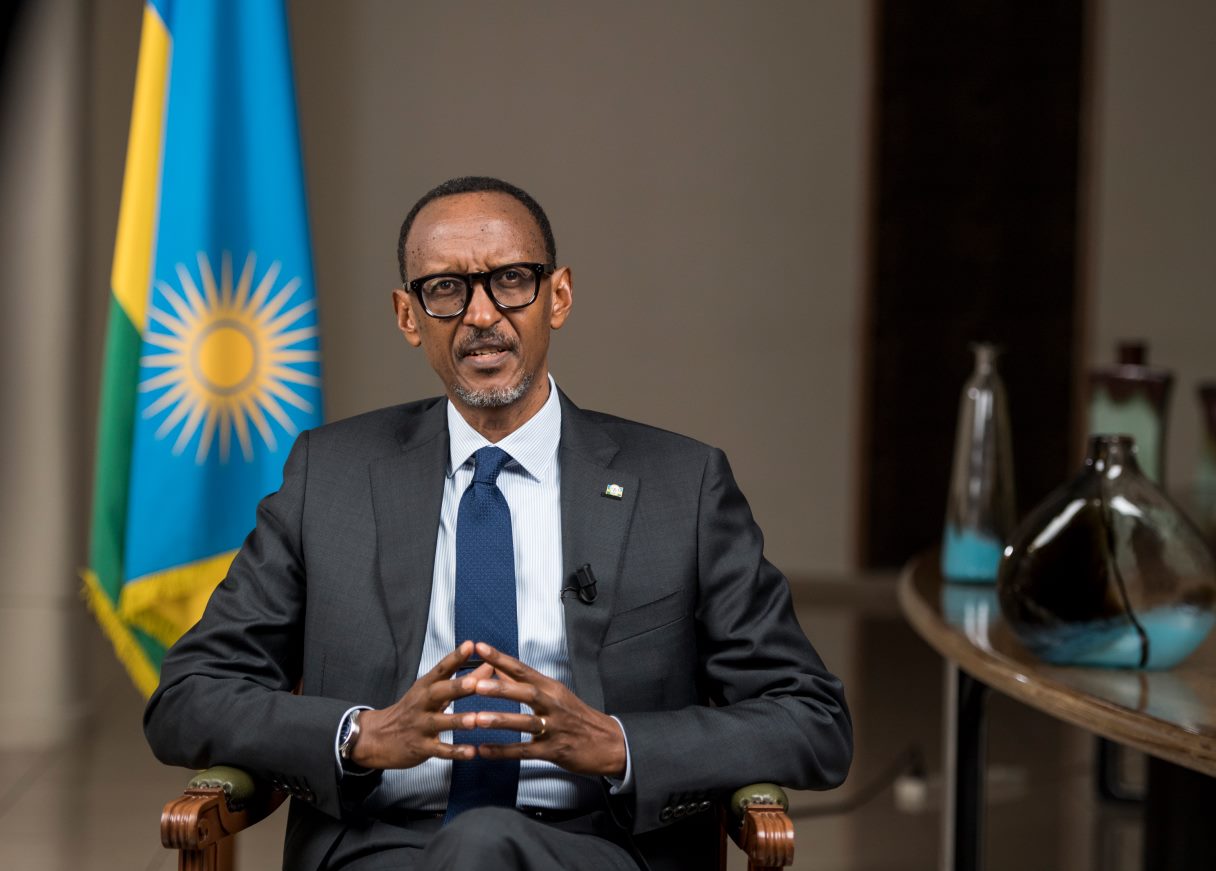In response to the Byres Road and Church Street Urban Realm improvements, Traffic Scotland has confirmed several changes that will be implemented, aiming to enhance traffic flow and facilitate smoother transportation in Glasgow’s West End. These modifications are scheduled to take effect on Sunday, November 5, at 8 am.
One of the key changes involves Church Street, which will transition into a one-way operation, specifically southbound, spanning its entire length. Additionally, access from Dumbarton will no longer be permitted. To improve traffic management, new traffic signals will be installed at the junction of Dumbarton Road, Church Street, and Thurso Street.
Another alteration will take place on Torness Street, where the direction of travel will be reversed, shifting from westbound to eastbound. This adjustment aims to optimise traffic patterns and improve overall efficiency in the area.
Furthermore, a new right turn has been introduced on Byres Road, allowing vehicles travelling westbound on Dumbarton Road to make the turn onto Byres Road. This addition seeks to enhance accessibility and provide motorists with increased flexibility in their routes.
To assist drivers during the transition and ensure clarity, new direction signage will be strategically placed, helping them navigate the modified road layouts effectively.
The implementation of these traffic changes follows recent reports by the Glasgow Times, which highlighted the frustrations expressed by West End residents and business owners. They voiced their discontent after witnessing the unnecessary excavation and reconstruction of two pavements on Church Street, a mere three years after their initial completion.
The alterations made to the road infrastructure aim to address traffic concerns and improve overall transportation in the West End. By optimising traffic flow and providing clearer directions, these changes are expected to enhance the commuting experience for both residents and visitors to the area. Traffic Scotland remains committed to ongoing improvements and ensuring efficient road networks throughout Glasgow.







